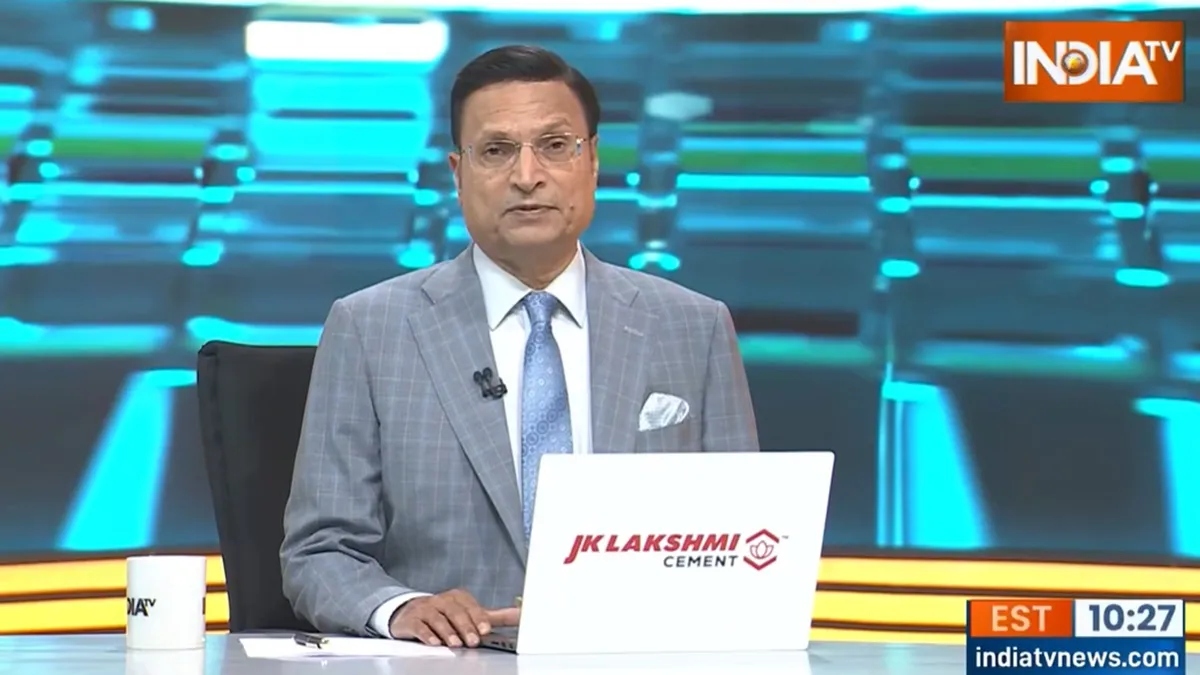OPINION | Why Pakistan's nuclear threat is hollow
 At a time when the entire nation, in one voice, wants action against Pakistan for the Pahalgam massacre, some leaders in the neighbouring country are threatening the use of nuclear weapons. Giving nuclear threats has been a favourite pastime of Pakistani leaders. During the Kargil conflict, the then Foreign Secretary of Pakistan, Shamshad Ahmed, had once said his country would use any weapon in its arsenal to defend the borders. At that time, American intelligence agencies had also indicated that Pakistan could use nuclear weapons, but nothing of the sort happened. In 2006, after the terror attack in Uri, Pakistan's then Defence Minister Khawaza Asif had said that if his nation's security was threatened, it would not hesitate to use nuclear weapons. The Indian Army carried out surgical strikes soon after, but no nuclear weapon was used. In 2019, when CRPF jawans were martyred in a suicide attack by terrorists in Pulwama, the then Pakistani PM Imran Khan had said, "Can we take the risk of miscalculation given the weapons that we and India have?" Now, Pakistan has again started issuing threats to use nuclear weapons and missiles, but the Indian army and its intelligence agencies know the reality behind such hollow threats. Defence experts say Pakistan's nuclear threats do not carry much weight, its economy is in a bad shape, and the army does not even have adequate funds for the movement and deployment of troops and weapons. Pakistan's former Army Chief Gen Qamar Javed Bajwa once told a gathering of select newspersons that his army can fight a war for only three days, because it does not have adequate diesel for the movement of tanks. Pakistan's financial crisis is no secret. It neither has money nor the grit to fight a war. On the other hand, the might and capability of the Indian armed forces have increased tremendously over the last 10 years. On Monday. Defence Minister Rajnath Singh said, the 'josh' is high and all three wings of the armed forces are ready. The forces are now waiting for a green signal from Prime Minister Narendra Modi.
At a time when the entire nation, in one voice, wants action against Pakistan for the Pahalgam massacre, some leaders in the neighbouring country are threatening the use of nuclear weapons. Giving nuclear threats has been a favourite pastime of Pakistani leaders. During the Kargil conflict, the then Foreign Secretary of Pakistan, Shamshad Ahmed, had once said his country would use any weapon in its arsenal to defend the borders. At that time, American intelligence agencies had also indicated that Pakistan could use nuclear weapons, but nothing of the sort happened. In 2006, after the terror attack in Uri, Pakistan's then Defence Minister Khawaza Asif had said that if his nation's security was threatened, it would not hesitate to use nuclear weapons. The Indian Army carried out surgical strikes soon after, but no nuclear weapon was used. In 2019, when CRPF jawans were martyred in a suicide attack by terrorists in Pulwama, the then Pakistani PM Imran Khan had said, "Can we take the risk of miscalculation given the weapons that we and India have?" Now, Pakistan has again started issuing threats to use nuclear weapons and missiles, but the Indian army and its intelligence agencies know the reality behind such hollow threats. Defence experts say Pakistan's nuclear threats do not carry much weight, its economy is in a bad shape, and the army does not even have adequate funds for the movement and deployment of troops and weapons. Pakistan's former Army Chief Gen Qamar Javed Bajwa once told a gathering of select newspersons that his army can fight a war for only three days, because it does not have adequate diesel for the movement of tanks. Pakistan's financial crisis is no secret. It neither has money nor the grit to fight a war. On the other hand, the might and capability of the Indian armed forces have increased tremendously over the last 10 years. On Monday. Defence Minister Rajnath Singh said, the 'josh' is high and all three wings of the armed forces are ready. The forces are now waiting for a green signal from Prime Minister Narendra Modi.
Top Stories